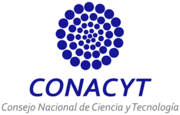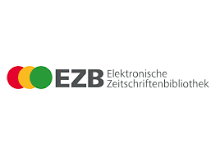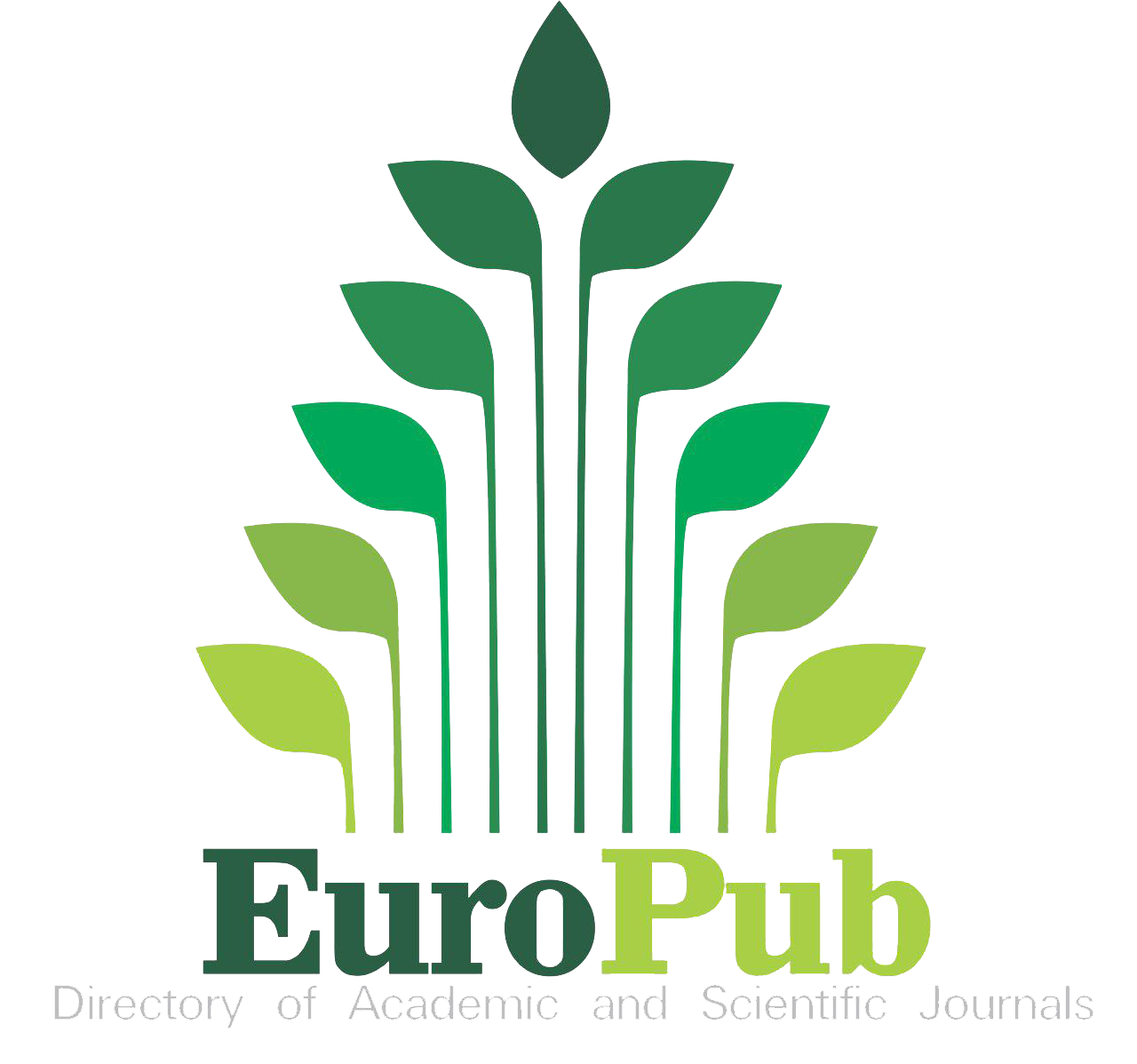Neutrosophy as a tool for dealing with linguistic vagueness in the analysis of ethical dilemma texts.
Abstract
The paper addresses the complexity of vagueness in language and logic, exploring its impact on sentiment analysis. A VADER-based algorithm is presented that assigns single-valued neutrosophic numbers (SVN) to texts, considering vagueness and neutrality for a more accurate identification of expressed sentiments. The algorithm is applied to responses in a hypothetical train dilemma scenario, revealing that neutrality plays a crucial role in ethical decisions. Those who express neutral opinions tend to be more logical and balanced. The author concludes that sentiment analysis in mental experiments enriches the understanding of ethical dilemmas and suggests future research on the interplay between neutrosophy, sentiment analysis, and experimental philosophy in ethical contexts, offering insights into the influence of ambiguity and emotions on ethical decisions.




































1.png)







1.png)







